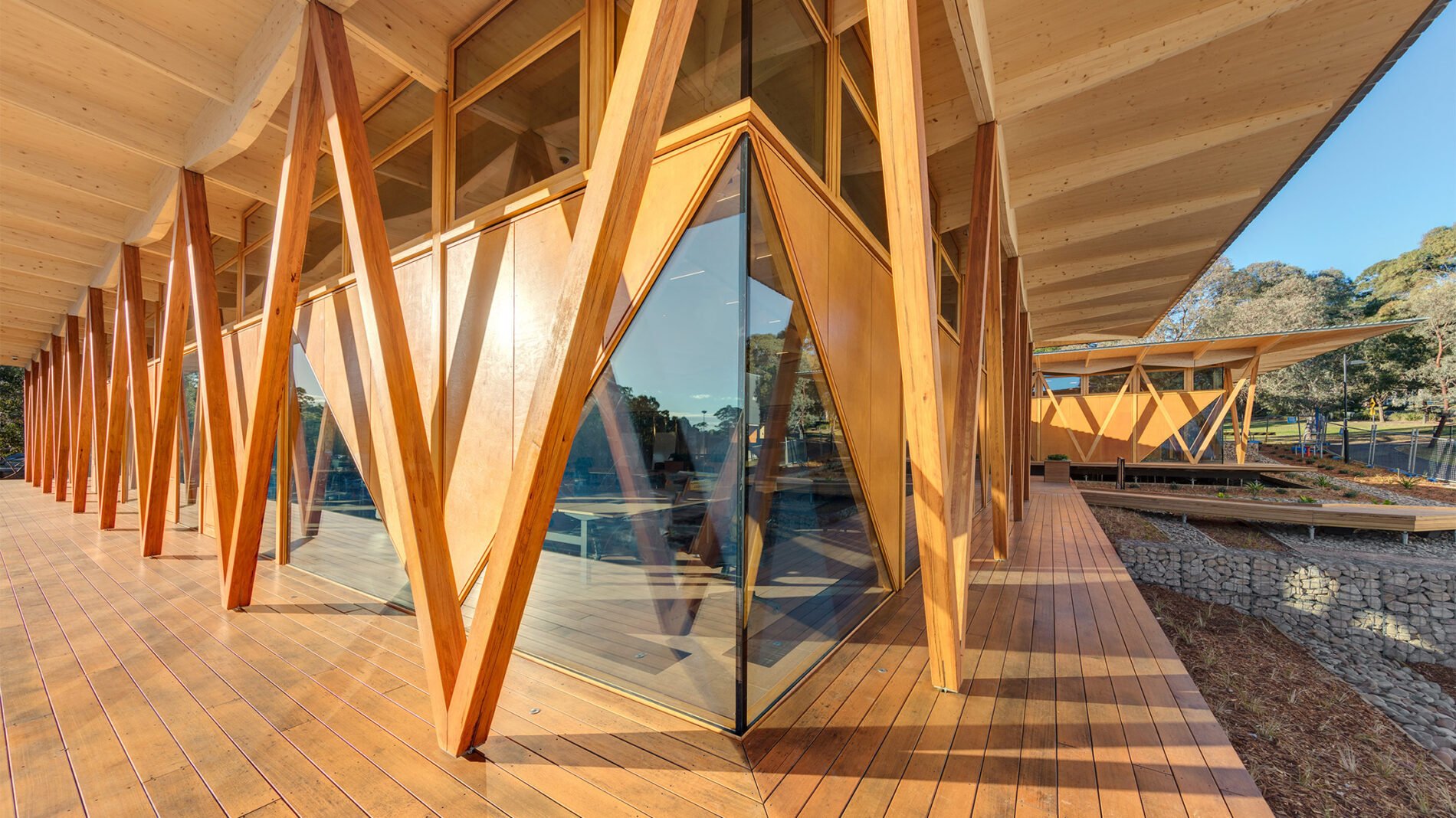
What is Accoya?
Is it a bookshelf from IKEA, is it a Japanese dish, is it a tree? Often contractors or architects might not be totally familiar with this high performance wood, but have heard the name and want to know more about it. We hope to be able to answer that question in this blog. Accoya is wood.
30.04.2020
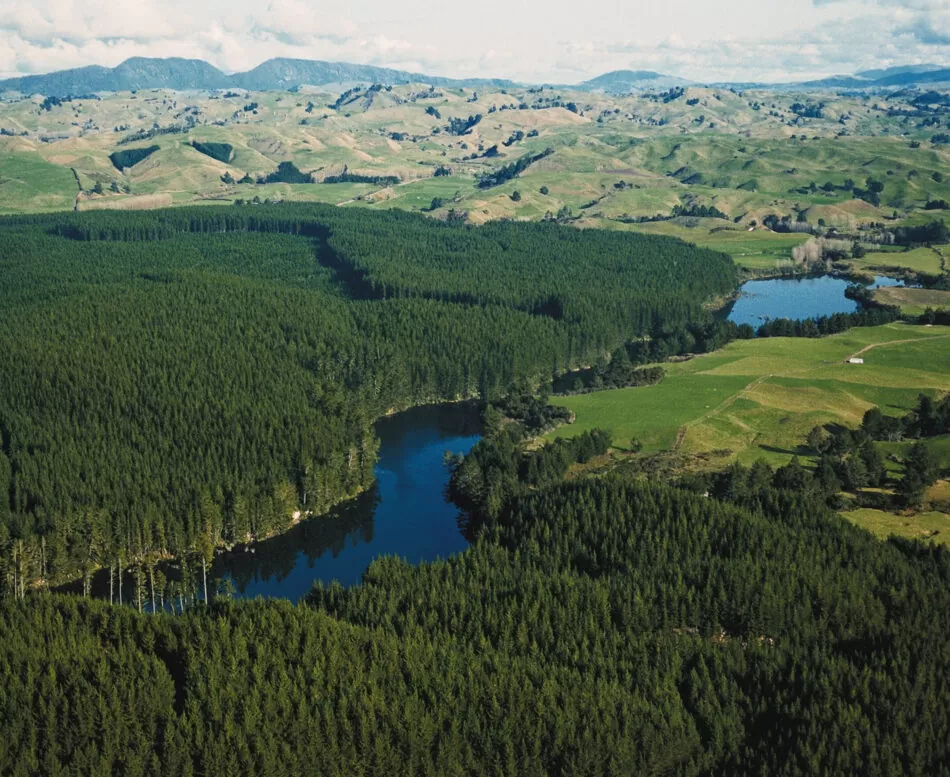
We are regularly asked “what is Accoya?”
Is it a bookshelf from IKEA, is it a Japanese dish, is it a tree?
Often contractors or architects might not be totally familiar with this high performance wood, but have heard the name and want to know more about it. We hope to be able to answer that question in this blog.
Accoya is wood.
Right, ok.
So why have you never heard of the Accoya tree?
Well that’s because they don’t exist. Accoya starts life as a fast-growing pine tree (Pinus radiata) grown in managed forests. The pine tree is harvested once it reaches maturity at around the 30 year mark. It’s at this point its journey isn’t the same as other timber. We introduce the raw timber to a modification process as a plank or beam, the so-called acetylation process using acetic acid. Read more about acetylated wood here. This process creates extremely dimensionally stable and durable wood.
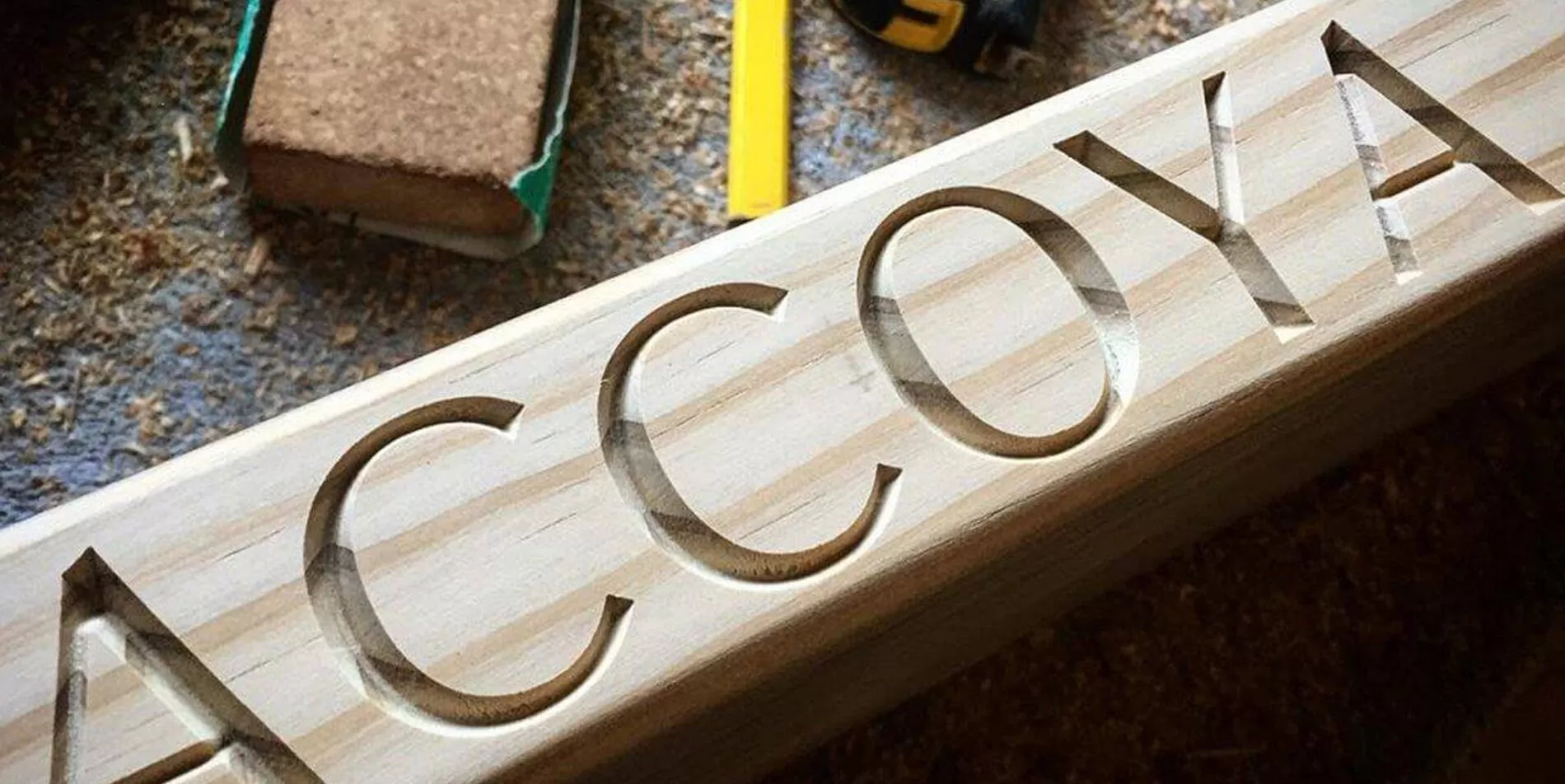
Accoya® is the brand name of this modified wood.
Accoya wood is highly rot-resistant and very stable across varying climates. Containing no toxic substances as the process simply increases the levels of already present elements within the molecular structure of the wood.
Every piece of Accoya has been modified through to its core, providing the same performance and protection no matter how the wood is cut, planed, drilled, shaped, or more…
This makes Accoya ideal for many applications including window frames, doors, façades, cladding, decking, all without the use of preservatives. Accoya wood is Class 1 durable and surpasses even the most durable old growth tropical hardwoods such as teak.
How is it produced?
The production of Accoya is based on the process of wood acetylation. Scientists have proven that this modification process is an incredibly effective method to improve the technical properties of wood.
Wood acetylation works by changing the cell structure of the wood whereby the cell walls are “blocked” for moisture absorption. This modification reduces the wood’s ability to absorb water in the cell walls by about 80%, greatly improving dimensional stability, resulting in Accoya requiring less maintenance.
The change in cell walls means that insects and fungi do not recognise Accoya wood as a food source and therefore do not attack. Perfect for those parts of the world with termites or other wood eating critters.
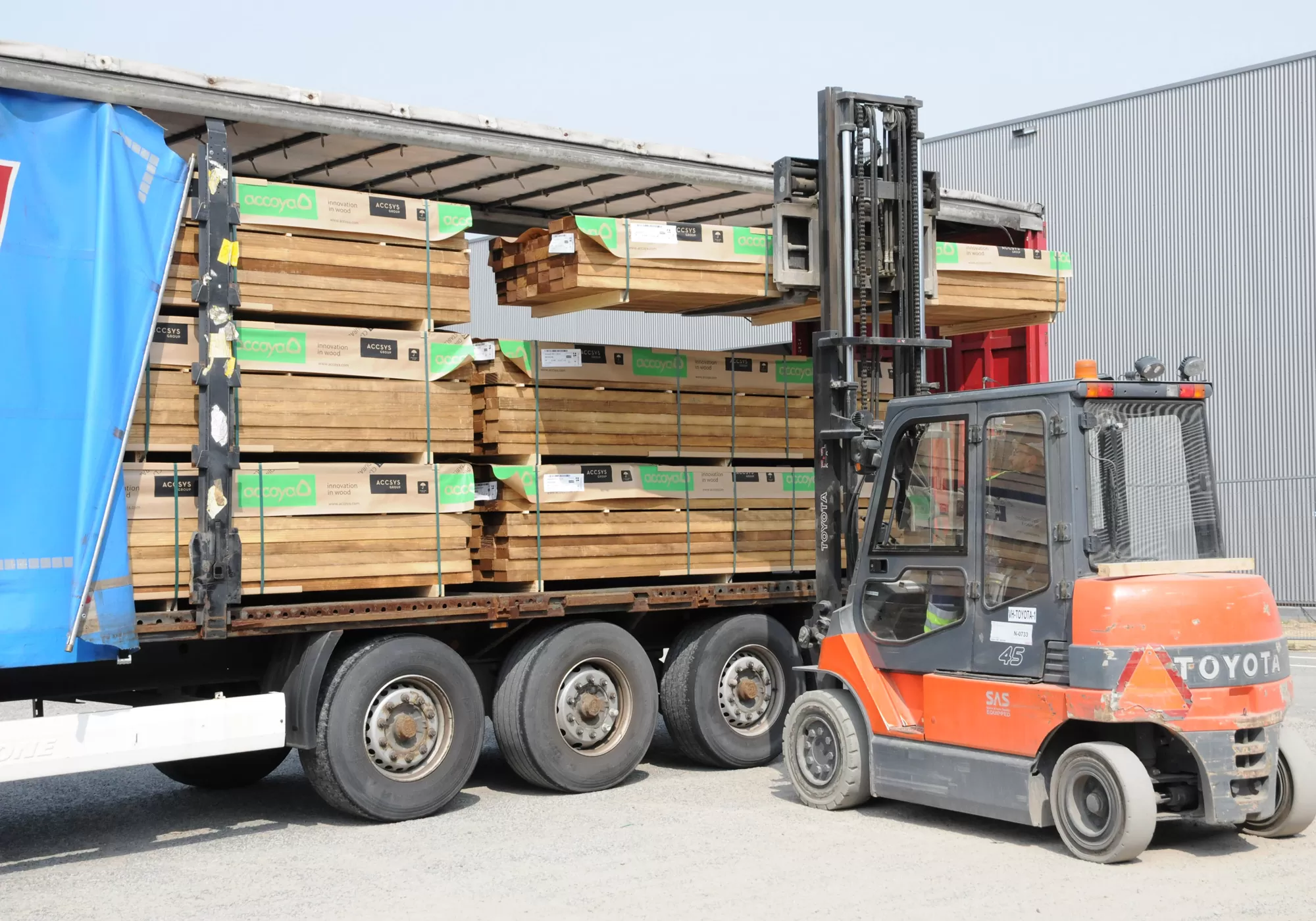
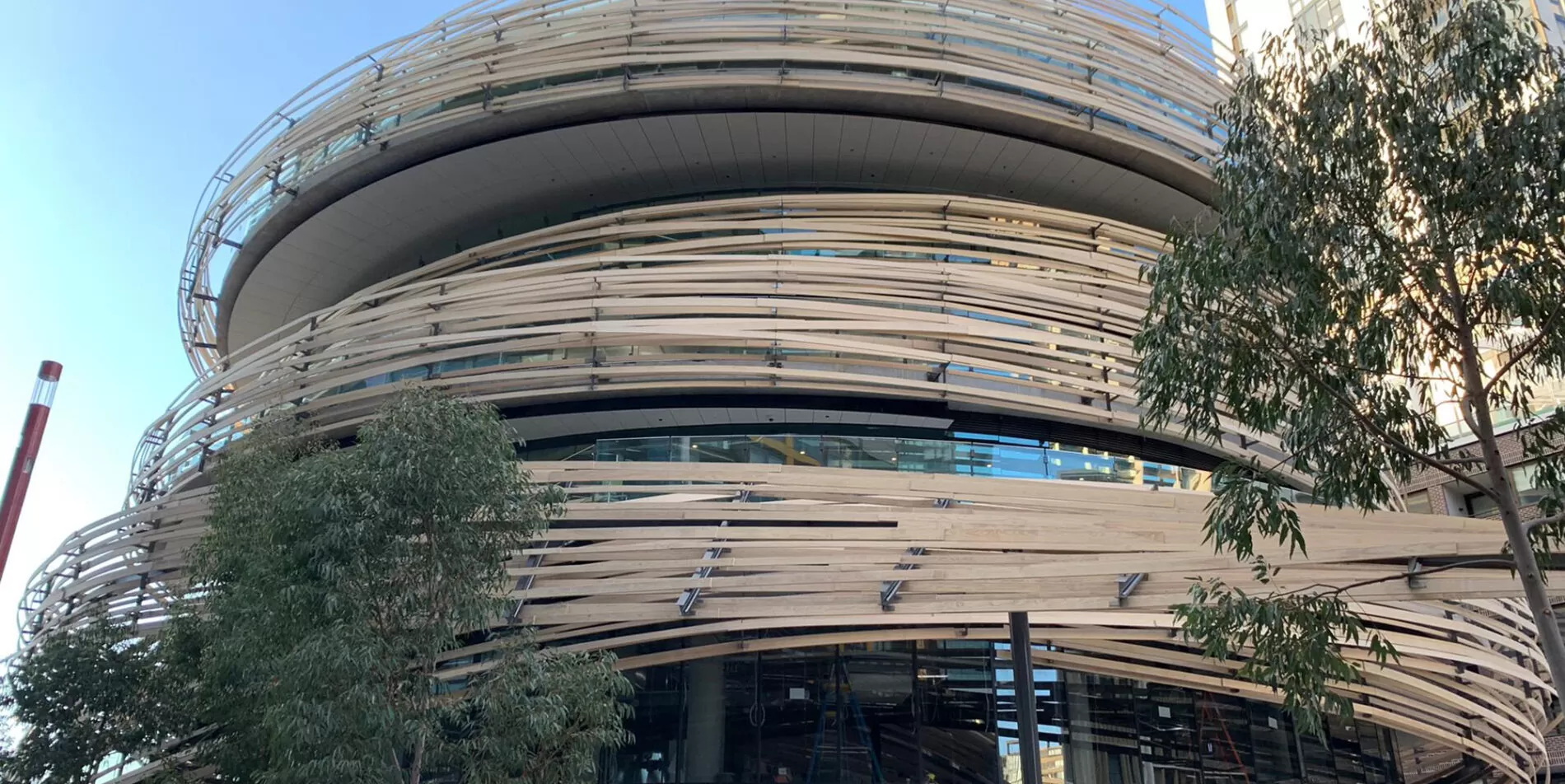
What is so special about Accoya?
Accoya wood is Class 1 durable even in very challenging use environments. The wood is modified right through to the core. Each batch of Accoya is checked for quality by taking 19 samples in Accsys’ laboratories.
Accoya wood is Cradle to Cradle Gold CertifiedTM. This has been awarded to Accoya because it is fully circular. The process adds nothing to the wood that is not naturally present. An incredible sustainability story is shown in the life of Accoya wood. Supported by a 50 year above ground and 25 year in-ground warranty, effectively giving forests time to regrow across the total life cycle of Accoya, where other timbers have a shorter use life vs time taken to grow into logging maturity.

All common paint systems can be used to finish Accoya wood. Testing has been carried out across many different oil and water-based paint systems. Due to Accoya’s exceptional dimensional stability, barely shrinking or swelling, coatings will last longer. They don’t have to work as hard to move with the wood so will sit quite happily with far less maintenance, retouching, refinishing etc. This considerably reduces the number of paint strokes during the life of the window, door, cladding or whatever it may be.
Accoya can therefore be used in any desired project. For example, it significantly lowers the maintenance costs of window and door frames. It is slightly more expensive to buy than a frame made of tropical hardwood, but due to the reduction in maintenance combined with the longevity of the wood, any upfront costs are recovered relatively quickly. Plus, sticking or jamming doors and windows are a thing of the past with Accoya.
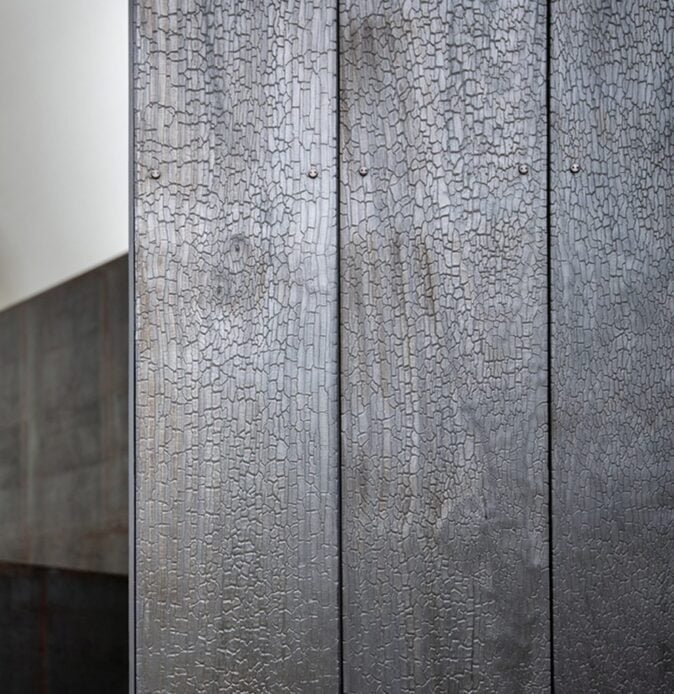
Many applications are possible due to the benefits of Accoya wood. The most popular applications are:
Garden furniture and play equipment
Interested in Accoya? Do you want to request a sample or know where you can buy it? Visit our where to buy page to get in contact.
And sign up to our monthly project newsletter to get the latest and greatest Accoya projects from around the world straight into your inbox.
Hopefully you now know what Accoya is. It’s natural, high performance wood.
WHERE TO BUY ACCOYA
for your next projectWhat type of Product are you interested in?
- - Select product type -
-
FIND A SUPPLIER
FIND A INSTALLER
for your next projectWhat type of are you interested in? (optional)
How will your be used?
- - Select type -
-
You are currently on the Accoya site
Would you like to visit the Accoya Site to view all relevant content for your location?